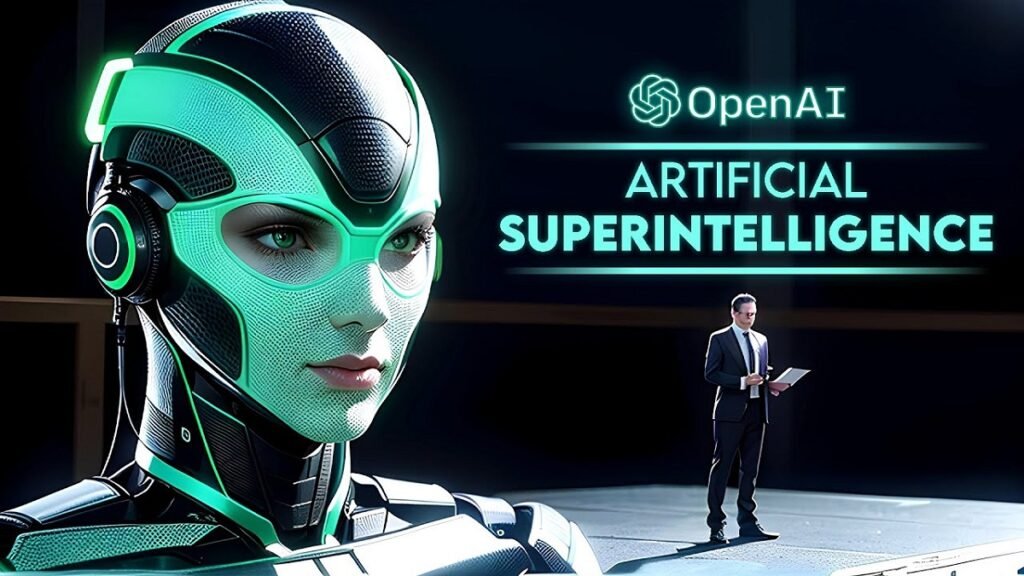OpenAI’s CEO, Sam Altman, has expressed the company’s ongoing efforts in seeking additional financial support from Microsoft for the advancing research into building superintelligence. The company’s partnership with Microsoft, which involves a substantial investment of up to $10 billion, signifies a collaborative effort in AI supercomputing and research, allowing both firms to independently commercialize resulting advanced AI technologies.
Earlier, OpenAI successfully secured a total of $11.3 billion in funding across eight rounds, with its latest funding round on Aug 14, 2023, conducted in the Secondary Market. Notable investors, including Arrowshare Ventures and Thrive Capital, have contributed to OpenAI’s funding endeavors.
Moreover, OpenAI has established a significant partnership with Microsoft, involving a monumental investment package of $1 billion. This collaboration has led to OpenAI’s systems operating on an Azure-based supercomputing platform from Microsoft.
In addition to funding rounds, OpenAI introduced the OpenAI Startup Fund, raising $100 million in a single venture fund. This fund, announced on May 26, 2021, is a testament to OpenAI’s commitment to its ambitious plans, particularly in the pursuit of superintelligence.
The company’s dedication to superintelligence involves strategic areas of focus, including coordination, regulation, and technical capability. OpenAI emphasizes the need for coordination among leading development efforts to ensure the safe integration of superintelligence into society. The proposal for an international authority, akin to the International Atomic Energy Agency (IAEA), aims to oversee superintelligence efforts, conduct inspections, enforce safety standards, and regulate deployment and security levels.
OpenAI is actively investing in technical research to develop capabilities that ensure the safety of superintelligence. This includes the creation of a human-level automated alignment researcher, scalable through extensive computational resources. The outlined plan, targeted for achievement by 2030, involves a dedicated team co-led by Ilya Sutskever and Jan Leike, allocating 20% of secured computing to the effort.
To achieve superintelligence, OpenAI plans to build a scalable training method, validate resulting models, and stress-test the entire alignment pipeline. The ambitious project necessitates the development of scalable training methods, model validation, and comprehensive pipeline stress testing. OpenAI is actively recruiting research engineers, scientists, and managers to contribute to this groundbreaking mission.
Superintelligence, as conceptualized by OpenAI, surpasses even Artificial General Intelligence (AGI) in capabilities, representing a hypothetical AI model that outshines the intellectual prowess of the most talented humans and excels across various domains. OpenAI envisions superintelligence as a technology with unparalleled impact, potentially offering solutions to some of the world’s most pressing challenges.
However, the complexity arises in aligning superintelligence with human intent, a concern known as the problem of superintelligence alignment. OpenAI addresses this challenge by proposing the development of a roughly human-level automated alignment researcher. This researcher is designed to be scalable through extensive computational resources, enabling the iterative alignment of superintelligence.
OpenAI says superintelligence stands to be the most influential technology ever created, presenting a potential solution to numerous critical global challenges. However, it also acknowledges the considerable risks associated with the immense power of superintelligence, cautioning that it could pose significant dangers such as the disempowerment of humanity or, in the extreme, human extinction.
The partnership between Microsoft and OpenAI extends beyond financial investments. Microsoft has become OpenAI’s exclusive cloud provider, supporting all workloads across research, products, and API services.
Microsoft’s increased investment in supercomputing systems facilitates OpenAI’s independent AI research, while OpenAI’s models are deployed across Microsoft’s consumer and enterprise products. This collaboration includes the Azure OpenAI Service, empowering developers to create innovative AI applications.
Microsoft’s ongoing financial support, its role as OpenAI’s exclusive cloud provider, and shared ambitions in AI research underscore the strength of this enduring partnership.
Naorem Mohen is the Editor of Signpost News. Explore his views and opinion on X: @laimacha.

